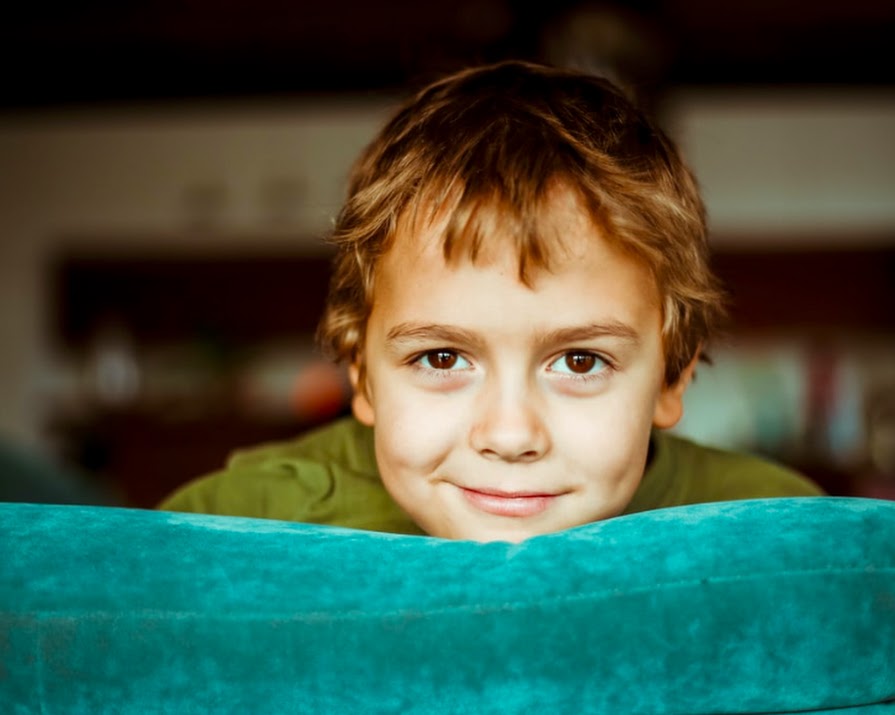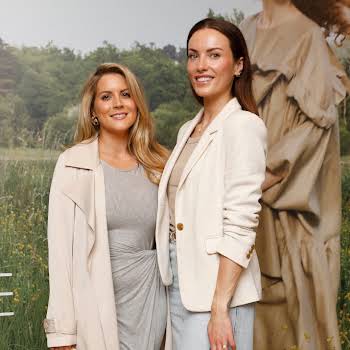
By Amanda Cassidy
16th Apr 2021
16th Apr 2021
We've talked a lot about the negative consequences lockdown has had on society. But for some, the suspension of life as we know it has brought a surprising benefit. Amanda Cassidy reports
The effects of the pandemic has taken a devastating toll on millions. The coronavirus crisis risks turning back the clock on years of progress made in our communities, our careers, our society.
Of all the heartbreaking effects of the arrival of Covid-19, its impact on young people might even prove to be one of its most damaging legacies. Isolation from friends, lack of access to education, as well as stunted social interaction means that lockdown has brought significant challenges.
However, there have also been some positive impacts that, as a society, we may have overlooked. And they are worth discussing.
Resilience
“The lost year narrative has been damaging for our school-going children and adolescents”
My children have naturally missed friends and school, but they’ve also learned some valuable lessons over the past year. They’ve had to be flexible of mind, adaptable, resourceful, imaginative, and most of all, resilient.
Fiona Forman is an author and a primary school teacher with over 30 years of classroom experience at all levels. She is also a Well-Being and Positive Psychology facilitator and trainer. Fiona holds an M. Sc. in Applied Positive Psychology (MAPP) from The University of East London.
She doesn’t agree with the ‘catch-up’ narrative when it comes to kids. “The lost year narrative has been damaging for our school-going children and adolescents. Such a deficit-based approach disempowers them, robs them of their autonomy, and turns them into victims. Yes, there will be gaps of course, but a strength-based approach is now what we need.”
Strength
Forman says that it is important, as parents, that we deliberately notice and are aware of some of the positives we’ve experienced over the past year;
“Our children have learned to deal with challenges, put up with things they wouldn’t normally have. They have a new sense of gratitude, an appreciation of their friends, of school. They’ve learned about supporting the community, about the importance of front-line workers, how mum and dad have to work from home. It is about finding the balance and recognising that we need to give them more credit for how they’ve coped.”
“The parent-child connection is the most powerful mental health intervention known to mankind.”
Research has shown that we can develop children’s resilience through ‘ordinary rather than extraordinary processes’ (that psychologists sometimes refer to as ‘ordinary magic.’) And despite living through truly extraordinary times, we shouldn’t underestimate all the little moments we’ve guided our children through that will stand to them for life.
According to trauma psychologist, Bessel Van Der Volk, the “parent-child connection is the most powerful mental health intervention known to mankind.”
Ordinary Magic
Although we fear the impact the pandemic has had on our children, this ordinary magic may have actually overcome many of the negative aspects the media loves to highlight.
American psychologist Ann Masten puts it best when she says; “the study of resilience in development has overturned many negative assumptions and deficit-focused models about children. The most surprising conclusion emerging from studies of these children is the ordinariness of resilience.”
In other words, the small things are the big things.
Being in lockdown has presented a unique opportunity to reconnect, create memories and evaluate priorities when it comes to families.
Never before, in modern history, have so many parents spent so much time in one place with their children. While that isn’t necessarily a good thing for certain families, psychologist Amanda Gummer says that, for younger children, it has had a very positive impact.
“New babies and young children whose parents are now working from home, or have been furloughed, will benefit enormously from having both parents available during so many months of their formative years. Both parents being at home will also have reduced the isolation felt by some new mothers and made it easier for certain fathers to become an equal carer.”

Empower
“Remind them about what they have discovered about themselves, how strong they’ve been, how well they’ve coped”
On the other end of the spectrum, university-going children and older teens are back at home, being forced to readjust relationships with parents. Again, this comes with drawbacks, but it can also be seen as “bonus” time for some parents to analyse their older children’s role within the family during a crisis – to teach, and to guide.
Parents have been able to help young people learn valuable life skills as they take on responsibilities around the house, whilst their parents continue to work.
Resilience is built through difficult times. Fiona Forman believes that it is this post-traumatic growth we should be focusing on more. “Taking a strength-based approach means we empower our kids as much as possible.
There is a lot we can’t control but let’s focus on what we can control. What they can control. Put them in the driving seat. Remind them about what they have discovered about themselves, how strong they’ve been, how well they’ve coped.”
They know that they can do hard things because we’ve asked them to do the hardest thing of all.

Yes they can
I tell my own children how brave they’ve been over the past few months. I remind them about their amazing reaction when we asked them to postpone birthday parties, give up playdates, stop gymnastics, not attend granny’s funeral. “Wow,” I tell them. “You’ve shown so much courage and strength. I’m so proud of you. See how you can do the hard things…”
They know now that they can do hard things because we’ve asked them to do the hardest thing of all. There will be fallout, no doubt, and nobody’s circumstances are the same, but let’s not underplay some of the unexpected benefits of coming through the other side of a crisis – what lessons we’ve all learned.
We may be in different boats in this same Covid storm. But against a backdrop of overwhelming media negativity, let’s remember the words of Louise May Alcott and apply them to our children;
“I am not afraid of storms for I am learning how to sail my ship.”























